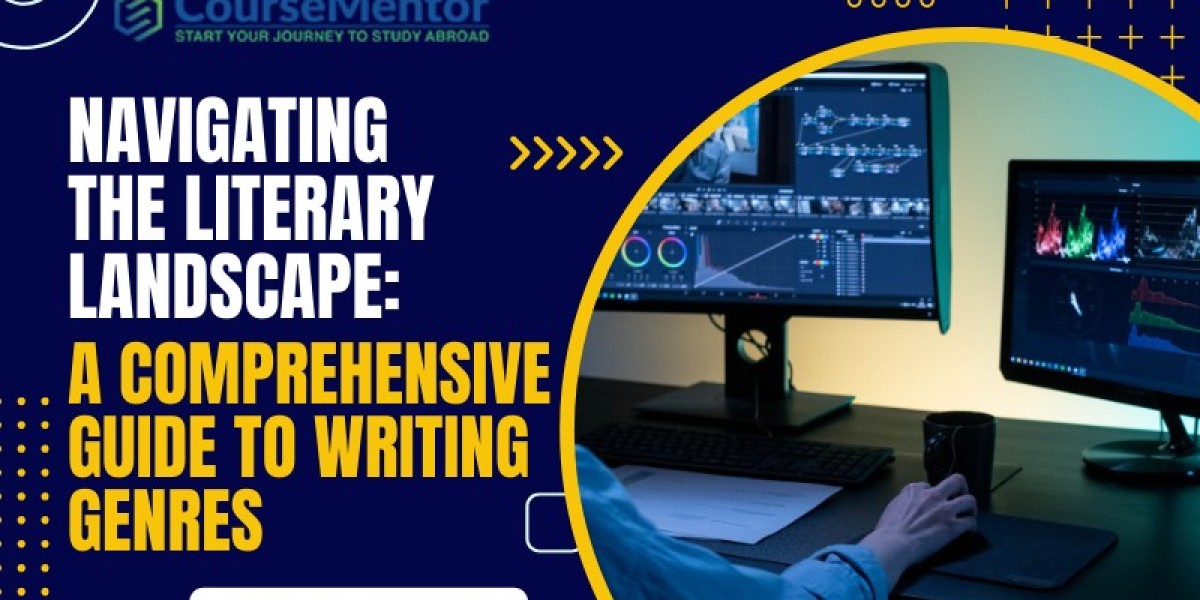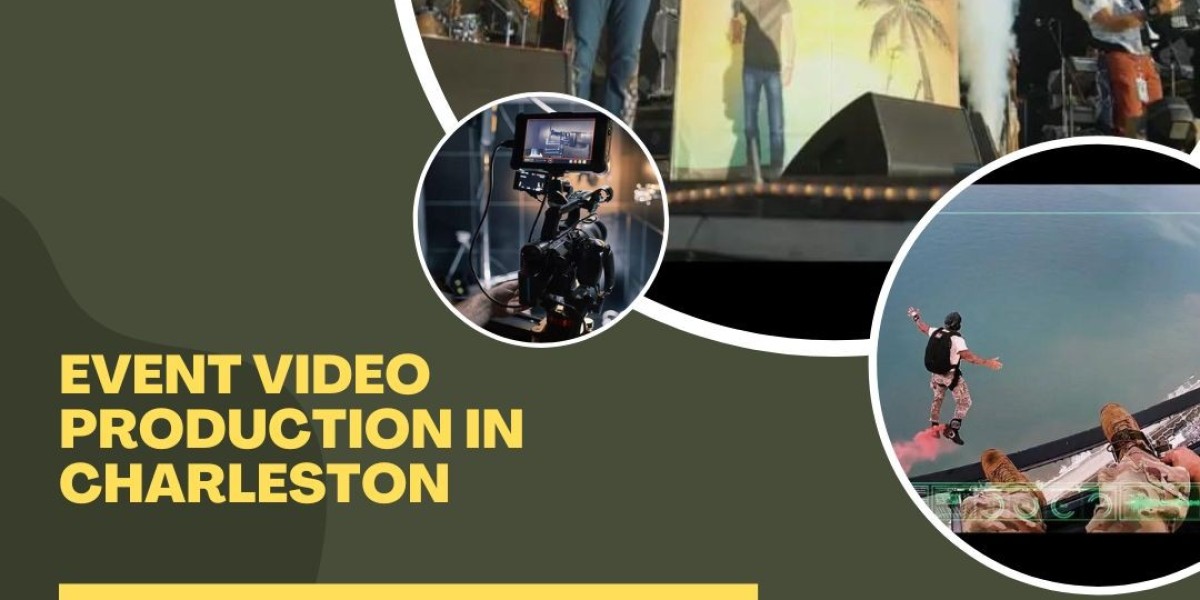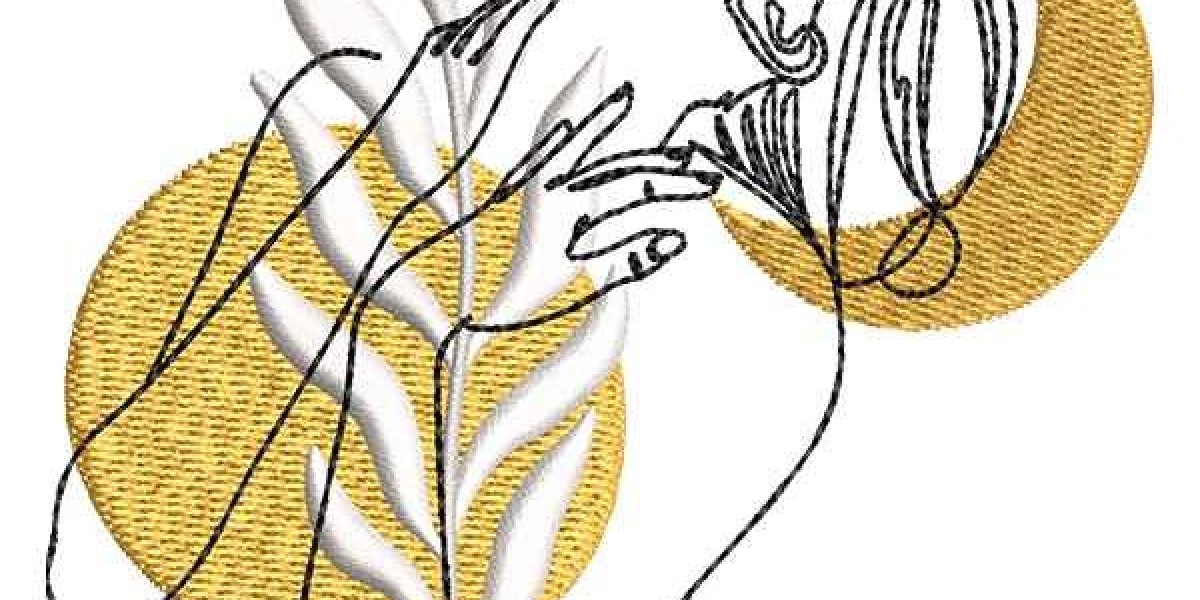In the vast realm of literature, writers have crafted an intricate web of genres, each with its distinct characteristics and storytelling techniques. From the otherworldly realms of science fiction to the heartwarming narratives of romance, the diverse array of writing genres offers something for every reader. In this blog post, we'll embark on a journey through the varied landscape of literary genres, exploring their defining features and highlighting some timeless examples.
Note:- What are the different types of writing genres? Read this short guide for more information and helpful teaching resources for this topic.
- Fiction Genres
1.1. Science Fiction: Venture into the unknown with science fiction, a genre that transports readers to futuristic settings where advanced technology, space travel, and extraterrestrial encounters abound. Think of classics like George Orwell's "1984," a chilling exploration of a dystopian future, or Isaac Asimov's "Foundation" series, which delves into the intricacies of a galaxy-spanning empire.
1.2. Fantasy: Immerse yourself in magical realms where mythical creatures, epic quests, and awe-inspiring adventures reign supreme. J.R.R. Tolkien's "The Lord of the Rings" captivates with its richly detailed fantasy world, while C.S. Lewis' "The Chronicles of Narnia" beckons readers to a land where magic and reality intertwine.
1.3. Mystery: Uncover enigmatic puzzles and thrilling mysteries as you follow detectives and amateur sleuths in their quest for truth. The mastermind detective Sherlock Holmes, created by Arthur Conan Doyle, takes center stage in stories like "The Hound of the Baskervilles," showcasing the allure of this genre.
1.4. Thriller: Experience heart-pounding suspense and danger with thriller novels that keep you on the edge of your seat. Dan Brown's "The Da Vinci Code" weaves a web of intrigue around art, religion, and history, while Gillian Flynn's "Gone Girl" masterfully explores the complexities of human relationships.
Note:- want to know why homework should be banned? Read this blog to learn about why homework should be banned. we have provided the best information about this.
- Non-Fiction Genres
2.1. Biography: Walk in the shoes of historical figures through biographies that chronicle their lives, achievements, and struggles. Walter Isaacson's "Steve Jobs" provides a deep dive into the life of the visionary Apple co-founder, offering insights into both his successes and flaws.
2.2. Memoir: Experience personal journeys through the eyes of the author with memoirs that delve into specific periods or themes in their lives. Elizabeth Gilbert's "Eat, Pray, Love" takes readers on a transformative global adventure of self-discovery.
2.3. Essay: Explore thought-provoking ideas and reflections with essays that delve into a range of subjects. Ralph Waldo Emerson's essay "Self-Reliance" encourages readers to trust their instincts and embrace individuality.
2.4. Journalism: Stay informed about current events and social issues with journalistic pieces that provide factual reporting and analysis. From investigative pieces to feature articles, journalism keeps readers engaged with the world around them.
Note:- Do you know that there are different types of communication skills that one must have if he or she wants to get a job? Read this blog to know!
Conclusion
The world of literature is a tapestry woven from a myriad of genres, each offering a unique lens through which to view the human experience. From the futuristic landscapes of science fiction to the enchanting worlds of fantasy, and from the pulse-pounding mysteries to the insightful reflections of essays, writing genres cater to a wide range of tastes and preferences. As you explore these genres, you're not only entertained but also invited to ponder the depths of human imagination, emotion, and intellect. So, whether you're flipping through the pages of a novel, delving into the pages of history, or pondering the words of an essay, remember that within each genre lies a treasure trove of stories waiting to be discovered.








